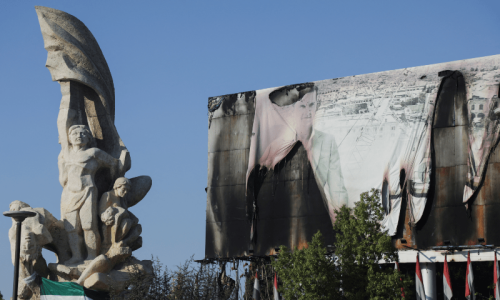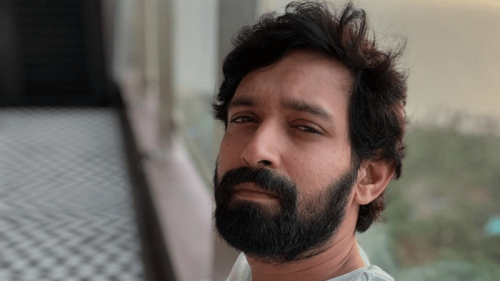NOW we have something close to a global civilisation. Most of the world’s people work in similar economies, use the same machines, and live about as long. They even know most of the same things and have the same ambitions.
History is full of civilisations that collapsed, and often their fall was followed by a Dark Age. In the past these Dark Ages were just regional events (Europe after the fall of Rome, Central America after the collapse of Mayan civilisation, China after the Mongol invasion), but now we are all in the same boat. If this civilisation crashes then we could end up in the longest and worst Dark Age ever.
Our duty to our great grand-children is to figure out how to get through the 21st century without a collapse. We have all the rest of history to get through, but we cannot even imagine what the problems and opportunities of the 22nd century will be, so let’s concentrate on what would constitute interim success by 2100.
Interim success in 2100 would be a world in which a recognisable descendant of the current civilisation is still thriving. Unfortunately, the way we are living now is not sustainable. We have taken too much land out of the natural cycles in order to grow our own food on it. We are systematically destroying the world’s major fish populations through overfishing and pollution. We are also driving most of the larger land animals to extinction.
This is a ‘six-planet’ civilisation: it would take six Earth-like planets to sustain the present human population in the high-energy, high-consumption style that is the hallmark of the current global civilisation. Not all of the seven billion have achieved that lifestyle yet, but they all want it and most of them are going to get it. And for the foreseeable future we will have only one planet, not six.
That’s the real problem we must solve if we are to reach 2100 without civilisational collapse and a massive dieback of the human population. All the other stuff we worry about, like global warming, ocean acidification and the ‘sixth great extinction’, are really signals that we are not solving the basic sustainability problem. Nor will we ever solve it by just using less energy and eating less meat. Not at seven billion plus, we won’t.
So we really have only two options. We can go on in the present patchwork way, with a bit of conservation here and some more renewable energy there, in which case we are heading for population collapse through global famine, and probably civilisational collapse as well because of the attendant wars, well before 2100.
Or we can try to float free from our current dependence on the natural cycles. Use the scientific and technological capabilities of our current civilisation to reduce our pressure on the natural world radically. Stop growing or catching our food, for example, and learn to produce it on an industrial scale through biotechnology instead.
Just achieving food independence would greatly reduce our vulnerability to climate change, but we need to stop global warming anyway.











































Dear visitor, the comments section is undergoing an overhaul and will return soon.